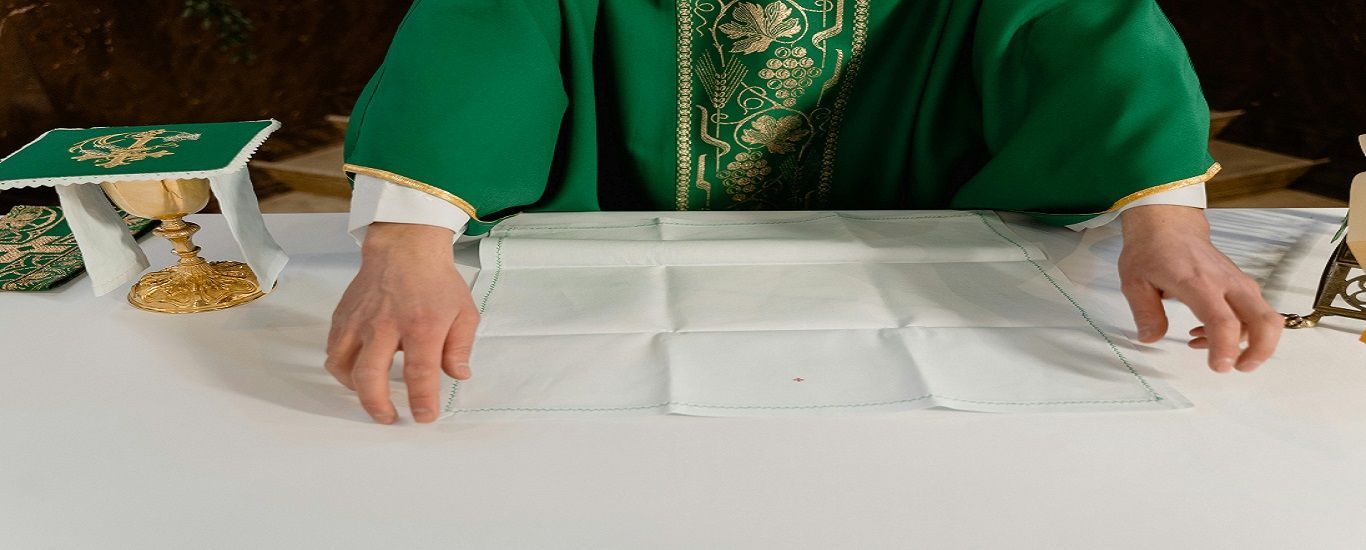The Sabbath
The Sabbath

Sisters and Brothers
Today, on this Second Sunday in Lent (Day 12), I share with you a reflection from Glenn E. Porter Sr., titled “Relevancy”:
On one occasion when Jesus was going to the house of a leader of the Pharisees to eat a meal on the sabbath, they were watching him closely. Just then, in front of him, there was a man who had dropsy. And Jesus asked the lawyers and Pharisees, “Is it lawful to cure people on the sabbath, or not?” But they were silent. So Jesus took him and healed him, and sent him away. Then he said to them, “if one of you has a child or an ox that has fallen into a well, will you not immediately pull it out on a sabbath day?” And they could not reply to this (Luke 14: 1-6)
When you pray for rain, you’ve got to deal with the mud, too. - Caribbean saying
The religious leaders in Jesus’ day said that it was unlawful to heal on the Sabbath. The Sabbath was supposed to be a day when all work ceased. The day that was set aside for rest, but the spirit of honouring God became lost in a labyrinth of laws. The rigorous rules and regulations were so exhaustive that, as the Tyndale Bible Dictionary points out, “the main purpose of the Sabbath became lost beneath a mass of legalistic details.” As Jesus said in Mark 2:27, “The Sabbath was made for humankind, and not humankind for the sabbath.”
There is a line from the old movie Green Pastures in which Noah says to God, “People around here don’t do much church-going. They mostly use Sunday to get over what they did all night on Saturday.” It is probably safe to say that recovering from a hangover (or other natural consequences from Saturday night of excess) is not what God intended in establishing the Sabbath as a day of rest and recreation!
The local church faces many challenges in this age. One of the most prominent challenges for the modern church is to remain relevant.
This is often a Herculean task for older, established historic congregations. In Unfinished Evangelism, author Tim Wright argues that tradition can turn into traditionalism. This is when “tradition becomes an anchor holding the church to the post rather than a rudder guiding it into the future.” The church must break some chains and tear down some idols in order to stay true to the spirit and authentic intent of the gospel.
Patrick +






















